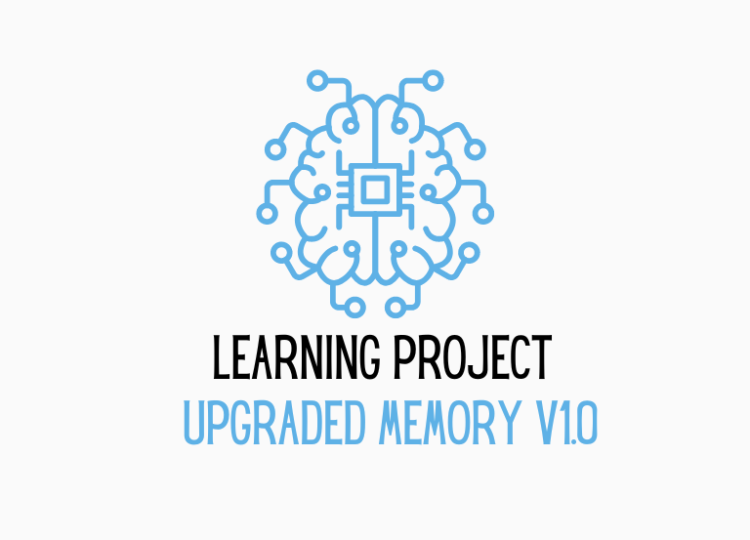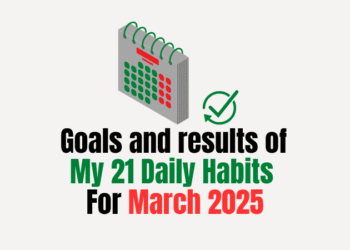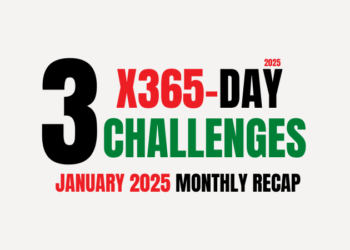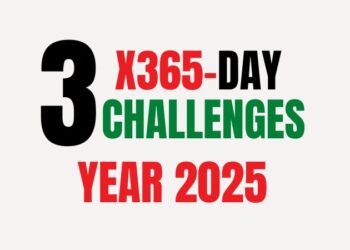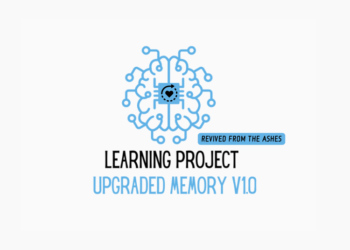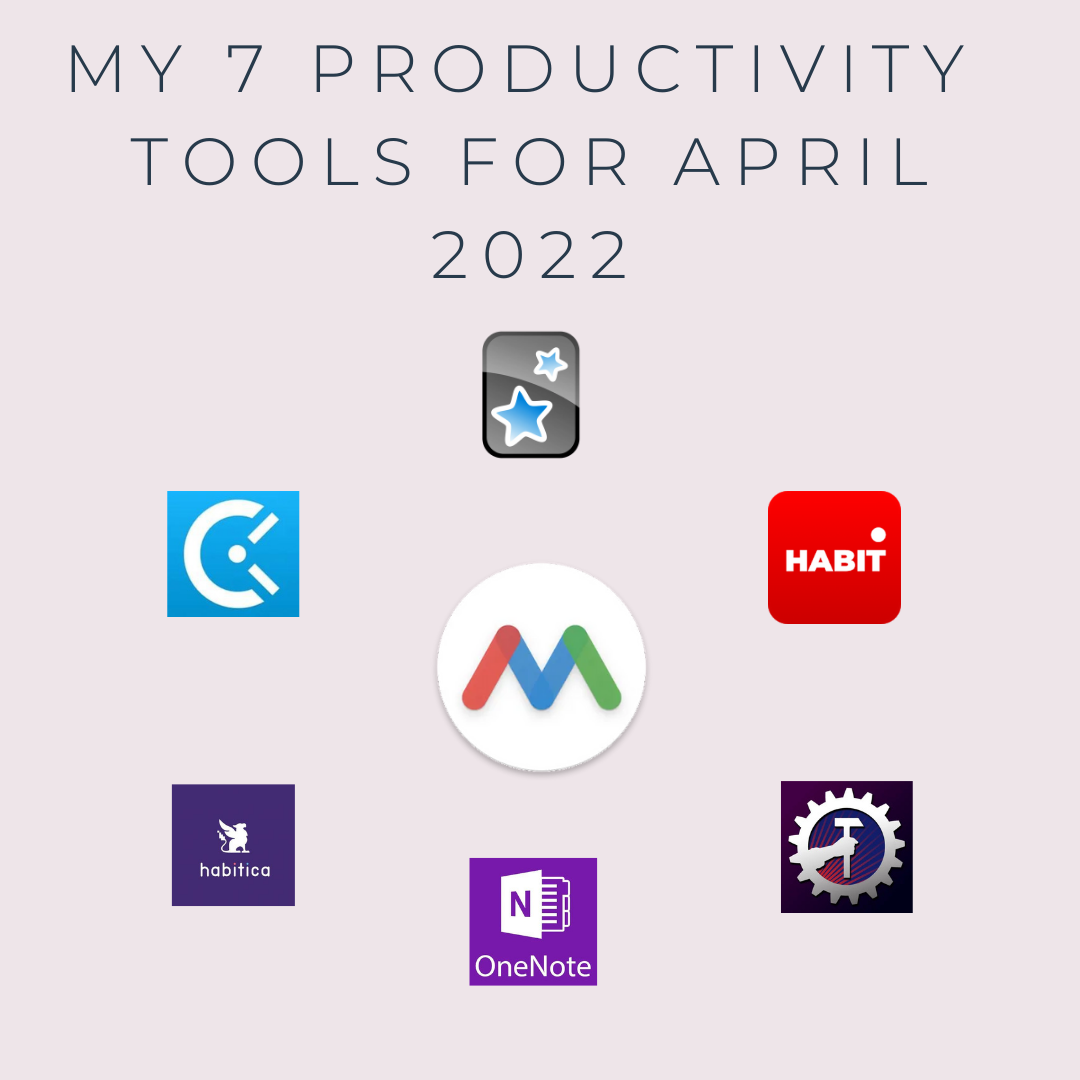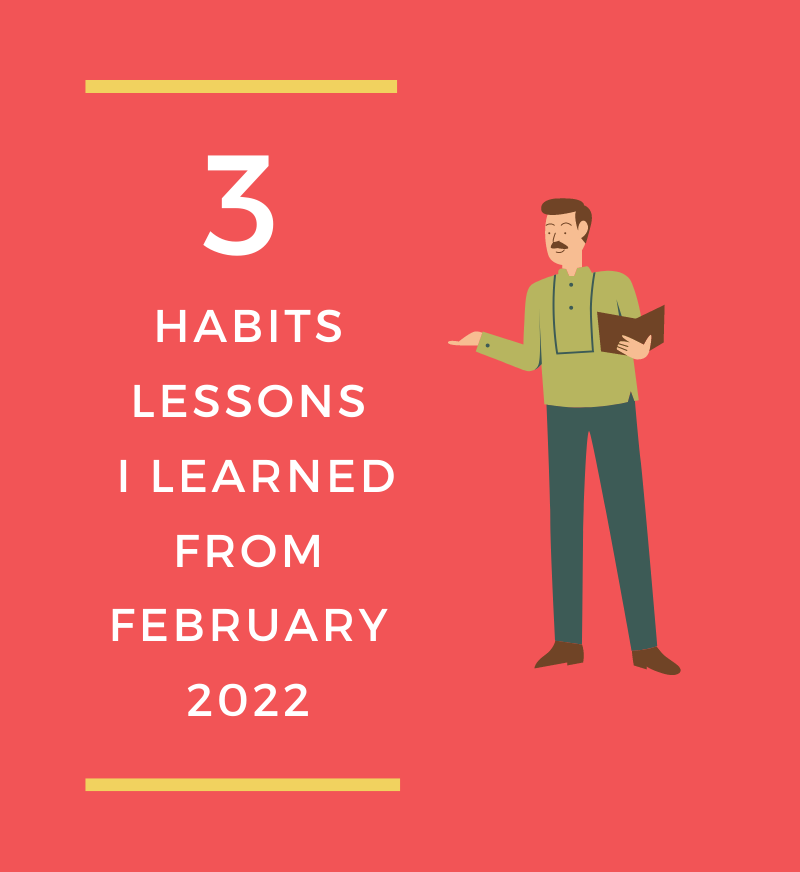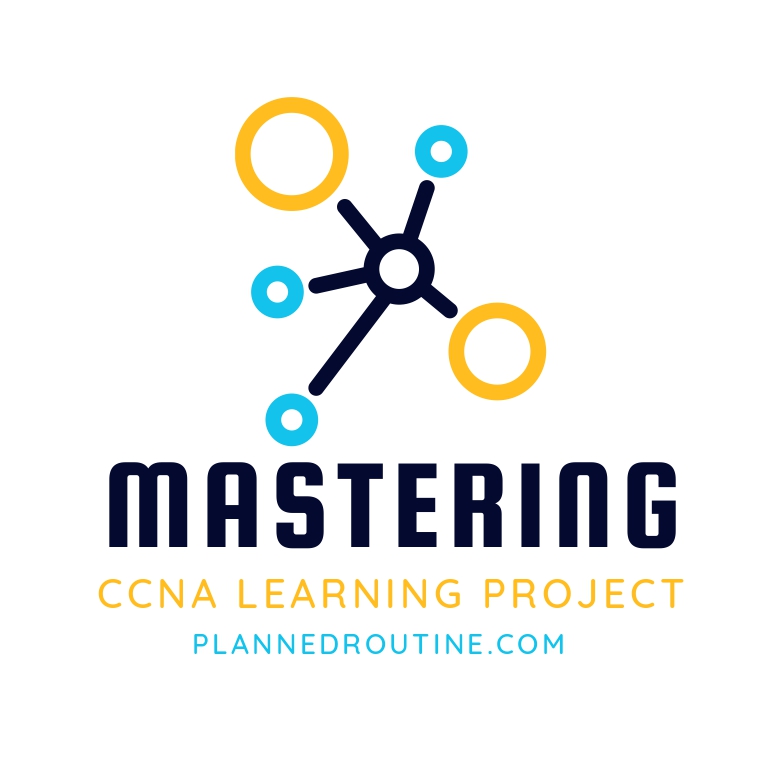Table of Contents
ToggleIntroduction
Would it not be fantastic if you could time travel to 400 BC and have tea with Socrates?
Let’s say you took a notebook with you, and you started to jot down everything he says, expecting that he would shower you with words of wisdom; as you start doing that, you notice that Socrates is getting a bit uncomfortable. Do you wonder why he is objecting to that? Does he think you are not paying attention to him? Of course, you are, but little do you know he has a point, and until you see it, it wouldn’t make sense to you, would it?
Well, Socrates was not fond of writing. He prefers the most natural approach, communicating and delivering lectures orally. He thought the moment people start writing, they begin to forget.
So if we ought to learn things without writing them down, where do we store them? In memory, of course! But how can someone manage the massive amount of knowledge one must learn daily? It turned out there were some memory techniques that the ancient Greeks and Romans used.
I decided that it was time to start looking for materials to improve my memory, and that was based on Socrates’s premise and some other personal reasons such as:
• The necessity of knowing a bunch of numbers from my second personal phone number, other significant numbers for emergencies and birthdays, and bank and credit card numbers.
• I can store books and course notes in my head to become a better learner.
• Memorize tonnes of English vocabulary to improve my English
After countless hours of researching in the memory literature books and courses, I compiled a list of materials to help me achieve this goal. The picture below is the Upgraded memory learning map that shows the entire trajectory from material one to material fifteen.
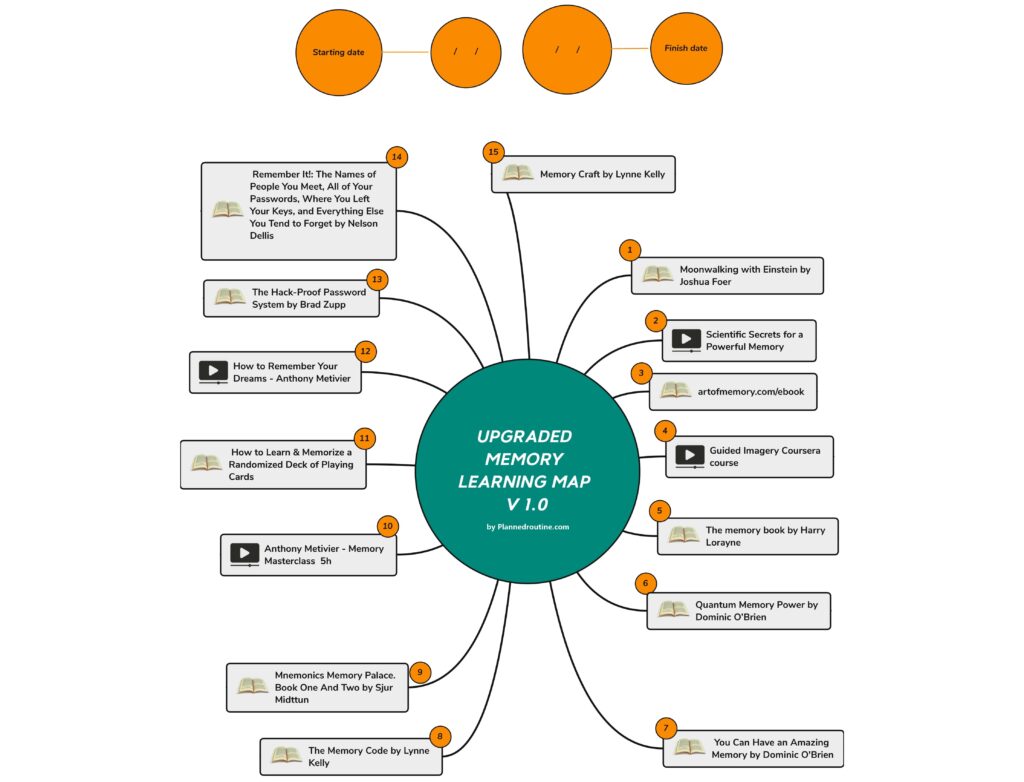
Let’s try to dive into every material listed on the map, listing some good reasons why we should learn from each one of them.
List of Materials
Moonwalking With Einstein
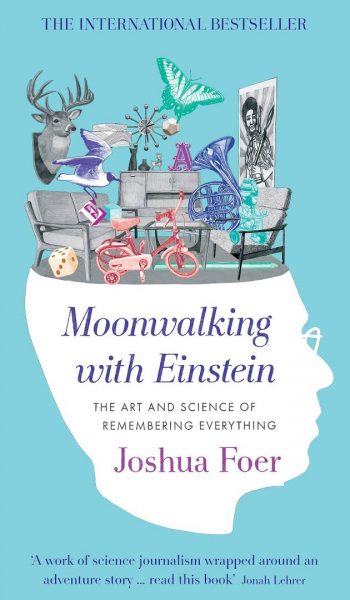
I immensely enjoyed this title, and the author will take you on a journey of exploration regarding the history of memory techniques and all aspects related to memory, learning and forgetting!
Don’t expect to learn much about practical things. If I remember correctly, there is only one time when the author asks you to follow his method to remember a list of shopping items which is useful to have a taste for someone who never tried any memory techniques before.
Overall, this book will open your appetite for exploring the world of memory techniques. You can check it out on amazon.
This book needs 20 hours of reading + 4 hours for taking notes and making summary.
Secrets for a Powerful Memory
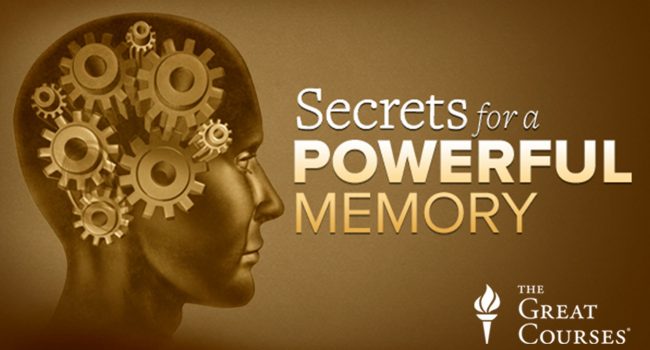
This course is quick introductory to the world of memorization, it introduces two techniques, the major system and the method of Loci. But other than that, it’s more general knowledge about memory, which can be quite insightful despite being more theoretical than practical.
This is a short ebook provided by the famous art of memory forums. It’s an excellent & fast introduction to many memory techniques you can acquire and use out of the box.
It’s crucial to gradually expose yourself to many memory techniques to be aware of the possibilities and that some techniques are suited for one thing and not another. Hence going with this material, in my opinion, is a must.
Finishing reading it would take me 5 hours and 4 hours to experiment with some techniques provided in the e-book.
Guided Imagery course of Coursera
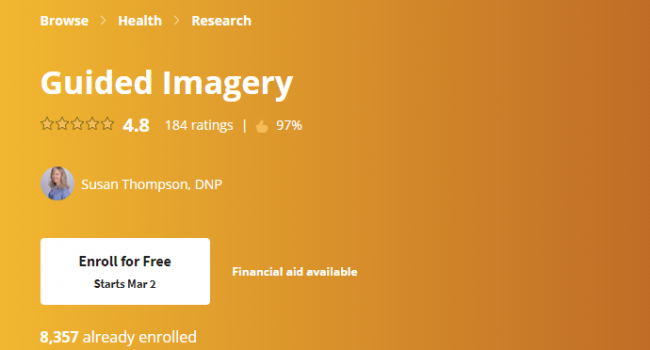
One can be surprised to see such material in the learning map, like why such techniques used purely for relaxation have anything to do with memorization.
It’s more important than you think; there is a connection between imagination and relaxation, and your focus will be increased if your mind is relaxed. And since we will commit a lot of information to our heads, we do not want to do that in a stressful state, making the studying and retaining process more exhausting and less efficient.
Since this course is from Coursera, it must be legit, right? Well, we don’t have to take this claim for granted. Upon checking this course, I found that it’s taught by an English teacher from the University of Minnesota. She has over 20 years of clinical work as a nurse and has a unique approach to integrated health. She is big on self-care and the importance of well-being.
The course has four weeks in length, and on the course page, the estimated time to complete the course is around 16 hours which, of course, for me, is an underestimation. I noticed this on Coursera repeatedly: lack of accuracy when it comes to the needed time for completing numerous courses about different topics.
The course will walk you through topics such as the role of guided imagery in health, how precisely guided imagery is used in health, exploring some apps that use this technique, and how you can create your own guided imagery for both personal and professional settings.
It would take me 21 hours to Finish watching the videos and going through articles, then I will be spending 3 hours to memorize 100 random linked words, and then 3 hours for writing & memorizing my own guided imagery.
The memory book by Harry lorayne
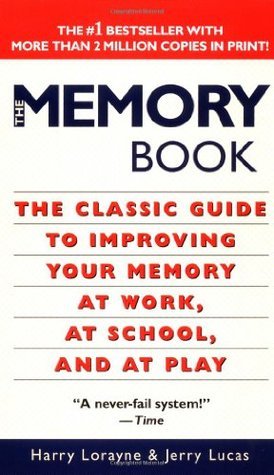
This book is essential and probably the most famous book on memory improvement in memory literature. It’s boasting with almost 2000 reviews on Amazon. It’s well-received and still timeless despite the release date (1974).
It has more than 26 chapters; fear not, these chapters are short, and they have just the right amount of information and assignments.
It’s built around the major system, so it’s pretty valuable for remembering historical dates, birthdates, bank account and credit card numbers..etc.
We need this book in our journey because it is crucial to deeply understand the major system while experimenting with memorizing different things.
It would take me 47 hours to finish reading the book, plus 4 hours to memorize world currencies and 50 world history key events.
Quantum Memory Power by Dominic O’Brien
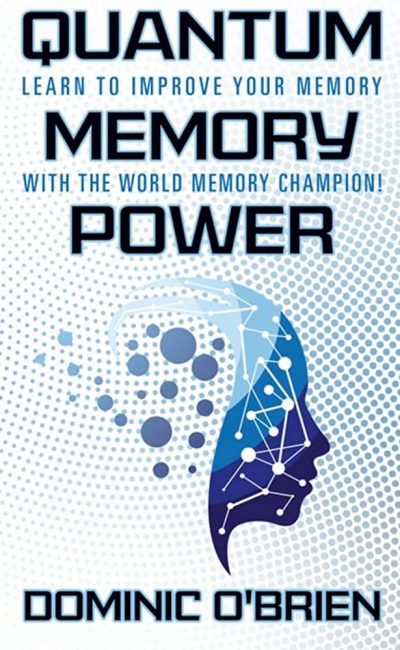
This exciting book was written by Dominic O’Brien, Eight Times World Memory Champion, Current World Senior Memory Champion, UK Open, and Pan-European Champion. He has written 15 books about memory improvement. Two are included in this map the one we will talk about for this section is titled quantum memory power by Dominic O’Brien, and the other one, “you can have an amazing memory,” released in 2011. do I need to say more?
Quantum Memory power is more like something to warm up with and get familiar with the Dominic memory system. This book’s content will cover quoting from the preface “You’ll learn to remember names, faces, numbers, birthdays, dates, appointments, speeches, or any sequence of numbers you want. Once you have unleashed your memory power, there will be no limits to the type or quantity of information you can store. With each powerful technique in Quantum Memory Power, you’ll be given practical applications and exercises to test and strengthen your abilities in each area.”
So this book should provide enough material for one to get familiar with the Dominic system and perhaps even good to some extent. And there is an audiobook version for people who would like to listen to it on the go.
It would take me 27 hours to work through the book, and 4.5 hours for the mini challenges:
- learn the order and names of 58 Algerian cities
- learn the order and names of 11 Canadian Provinces
- learn the order and names of 20 Finnish Cities
- 20 Japanese Prefectures.
You Can Have an Amazing Memory by Dominic O'Brien
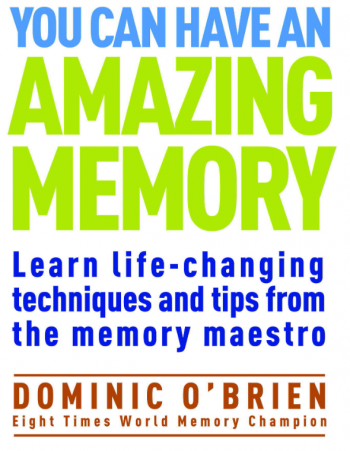
This is probably one of the most interesting and must-read memory books that exist out there, this is a twelve years old book, and according to many reviews on amazon, this is a timeless book that is still valid for an application like many other books.
After having a quick overview of this book, I found that Dominic will talk about his journey through the difficulties he had as a child, diagnosed with dyslexia, and the countless comments from his teacher that suggested he may not go far in life but of course as we will see with the amazing progress he mad across the years.
The good thing is for people who are inspired to improve their memories, the techniques Dominic shared are the ones he used and experimented with through trial and error, which inevitably led him to win 8 times the world’s memory championship, as we stated above.
You will learn through this book the link method, and the importance of imagination to make things stick to the brain, using the method journey, how to memorize card decks, his system (the Dominic system). He talks specifically about the memory championship and provides related practices for those who want to compete, such as binary digits, names and faces, abstract images, and so on.
Some practical things you can benefit from are, improving your speeches and becoming knowledgeable, holding a massive amount of knowledge or, as he likes to call it, a Fact factory!
25 hours is the amount of hours needed to complete reading the book, and I need 5 hours to memorize the periodic table.
The memory code by Lynne Kelly
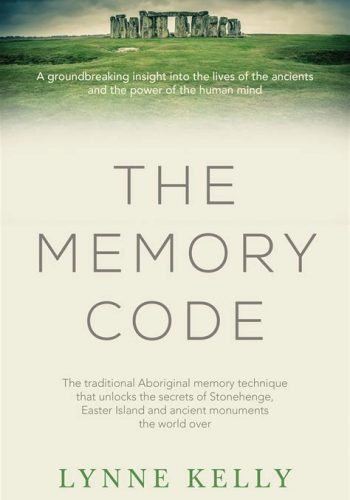
This book is for entertainment rather than a heavy book packed with memory techniques like the previous one.
It explores the influence of memory techniques in oral cultures, tracing them back many thousands of years ago, well before the Ancient Greeks. What was interesting about these pre-literate people is that they used memory techniques to memorize their calendars, the times of their rituals, and celebrations.
The book lacks a practical approach, despite the attempts of the author to show so many techniques.
According to my expectation, it should take me around 28 hours to finish it.
Mnemonics Memory Palace Book One And Two by Sjur
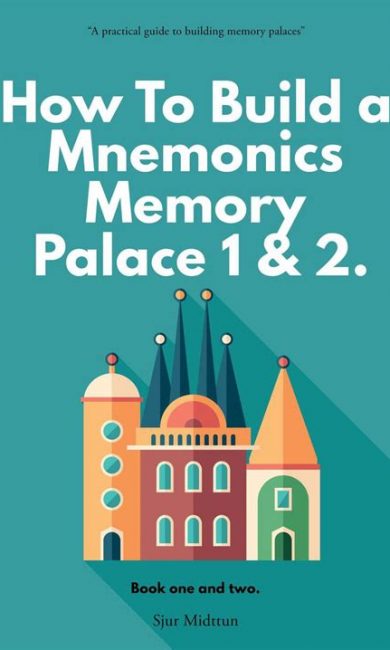
Two Short books By Sjur Midttun talk specifically about memory places, as the book’s description says, it’s packed with many valuable tips and tricks to create your memory places and store the information there. It has good reviews from people who read it. Some of them think it can be pretty repetitive at times. But that is not an issue for us, repetition sometimes it’s helpful to cement what we have learned so that we can have the proper application of techniques.
It’s expected to take me 5 hours to finish reading the first book plus some 3 hours of generating memory palaces, the same thing for the second book, totaling 16 hours of effort to go through it all.
Then as for the mini challenge, I will be memorizing 50 facts learned from 5 books read so far In the upgraded memory learning map in different memory palaces.
Anthony Metivier - Memory masterclass
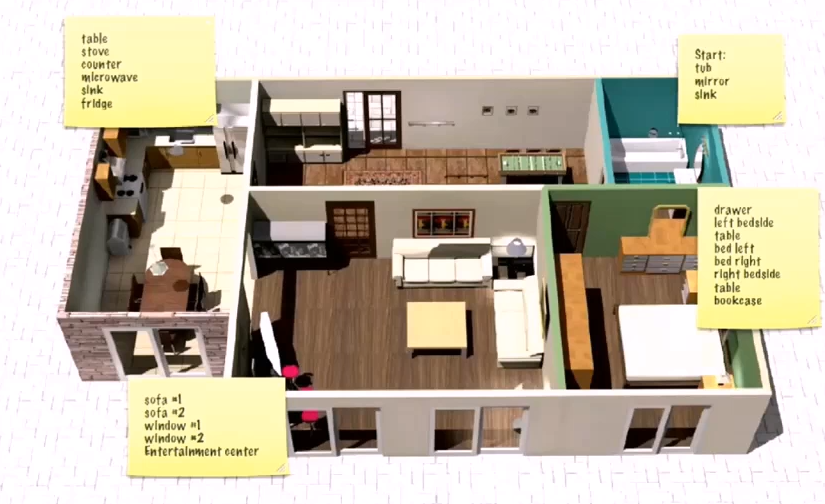
Anthony Metivier, one of the most known people in the memory improvement space, has some exciting content and a podcast that I listened to repeatedly since it has a lot of insights and inspiring experiences.
In this course which is 5 hours long, Anthony will take us on a journey to explore memory places in depth, how to make them, and how to use them for different purposes, such as memorizing a textbook. He also included 80 pages of pdf files that help with more practical tips that complement the watched videos.
The expected time to go through this material should be 28 hours + 4 hours of experimentation time. In addition, the mini challenge for this course is memorizing:
- 30 of my favorite quotes
- memorization of all countries + their capital (390 words)
it would take me 36 hours to finish such a challenge.
How to learn and memorize a randomized deck of playing cards by Anthony Metivier
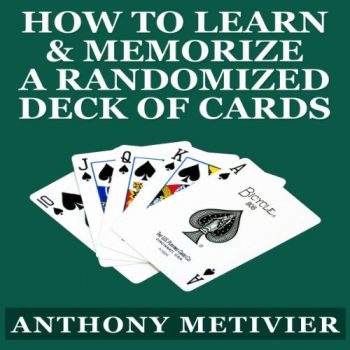
Another work from Anthony, and this time it’s just a tiny ebook that teaches you how to memorize a deck of cards effectively. It would take me 10 hours to finish this ebook, 3 hours of practice, plus 10 hours more to reach the point of being able to memorize five decks in a row in one hour.
How to remember your dreams
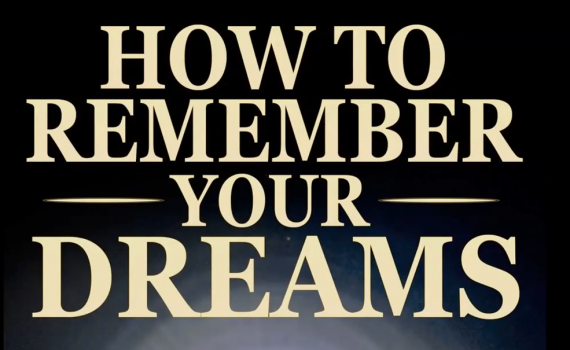
Apparently I can’t get enough of Anthony’s content, right? Haha. Well, you better expect him to keep popping up since it’s the memory improvement realm, so I find this course extremely interesting, of course, one might wonder what we ought to learn from dreams and why they are even linked to memory.
Well, many studies have shown the importance of sleep, especially at the REM stage, and its effects on memory consolidation during REM, it’s where dreaming occurs. Since we dream and can recall them, it’s an excellent opportunity to use memory techniques to remember them, and going to the question we asked in Episode 0 of the podcast, what makes us make the most out of our life, right? I mean, you can’t enjoy a whole life while neglecting a third or even a quarter of your life, it would be much better to enjoy your dreams, recall them, and maybe gain some insights from your subconscious self. Hence we need such a course. According to Anthony, he promises us that by following the shared techniques, we should be able to:
○ Develop visual skills that help with other areas of memory
○ Learn advanced tips for dream recall
○ train the Memory when working on the dream recalling on a daily basis.
○ We can tap into a hidden part of our personality and understand it better.
It would take me about 15 hours to consume the videos, plus 16 hours to read the books provided alongside the course, that’s 31 hours of investment.
The challenges for this material will be making a memory palace for emergency dream journaling and going for a month doing dream journaling.
The Hack-proof password system By Brad-Zupp

As the title suggests, this book will be focused on teaching you how to build a system of memorizing passwords which will come in handy, since I have a big database of passwords using the Enpass password manager.
Since we mentioned Enpass, I must say, it’s one of my favorite tools out there, I have been using it for years and still think it’s a must-have tool for people who have dozens of accounts and want to maximize the security of their accounts.
The book has a very good review on amazon, and for me, I think it would help me to move the most used 50 accounts from my password manager into my organic memory for accessing my data relying on my internal memory. It is just another way to use my memory more.
This short book needs 15 hours of investment, 10 hours of thorough reading, plus 5 hours of experimentation.
As for the challenge I stated above, memorizing 50 accounts can take me 10 hours of practice.
Remember It!: The Names of People You Meet, All of Your Passwords, Where You Left Your Keys, and Everything Else You Tend to Forget by Nelson Dellis
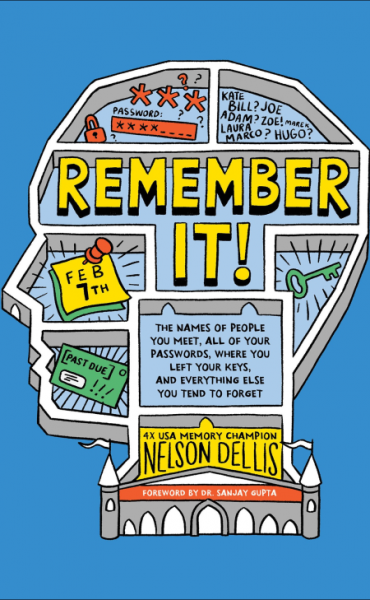
At this stage maybe we don’t need any other books right? Because, we might have been through all the techniques out there, well, that could be true. The only reason I add this book is that I noticed it has a lot of graphics, which can serve as an aid to memorize things way easier, but not only that, it has some more memory exercises that one can do and benefit from.
It would take me 20 hours of reading, 10 hours of practice, and another 16 hours to go through the following challenges:
• Memorise 300 pi digits
• Memorise 5 Meditation exercices
• Memorise 3 Yoga Exercices
• Memorise 103 Yoga terms
Memory Craft by Lynne Kelly
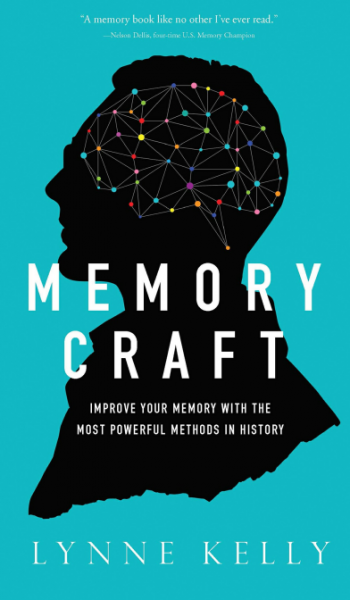
This is the second book by Lynne Kelly, the Anthropologist and memory championship. The difference here is that this book promises to provide a more practical approach in order to provide many techniques, their origins, and how they can be used to learn to memorize a speech, learn languages, the body’s anatomy, and so much more.
It’s refreshing to see someone her age doing incredible feats of memory. Her academic approach makes this book worth having on the learning map so that one can benefit from both her thorough research and her experience with memorization, something not can be found with Frances Yates, for example, she was more of a historian. She didn’t play with techniques, compared to Lynne Kelly, Which is helpful and inspiring in our case.
The book would take me 22 hours to finish, and 5 hours of practice.
Final Challenges
After going through all the materials, it’s time to go through the Final Three challenges!
Challenge number one
making 1100 POA (Person object action) memory cases by going from double-digit 00 to four digits, obviously this POA was invented by Dominic O’Brien, and it seems to me very useful for making memory cases that can be used to store information by making the 1100 POA I would use them to accomplish my 3rd challenge.
The expected time to finish this challenge is 50 hours!
Challenge number two
Memorizing the multiplication table of 11 to 31.
This is quite clear, using a memory technique to memorize 390 results of the product of all the numbers.
Final challenge
That’s the most difficult challenge, and hence it’s called the last one, because I will be memorizing more than 1100 words using the book word power made easy by Norman Lewis using the POA, I made above.
The point is having easy access to all the vocab by just going through any number in my memory and recalling the equivalent word stored on it.
This challenge should take me 100 hours.
Estimated time to Complete the learning project
I started this challenge on the 1st of February, and by 18 of July 2023, I am supposed to be completing the entire 15 projects and the three final projects as well which are divided in 7 milestones
- First milestone completing 4 materials
- Second milestone completing 7 materials
- Third milestone completing 11 Materials
- Fourth Milestone completing 15 materials
- 5th milestone completing the first final project
- 6th Milestone completing the second final project
- 7th Milestone completing the third final project
In a nutshell, it would take me around 633 hours, that’s 26.83h every single week (24 weeks in total) to complete everything.
Wish me a good luck! 😉


